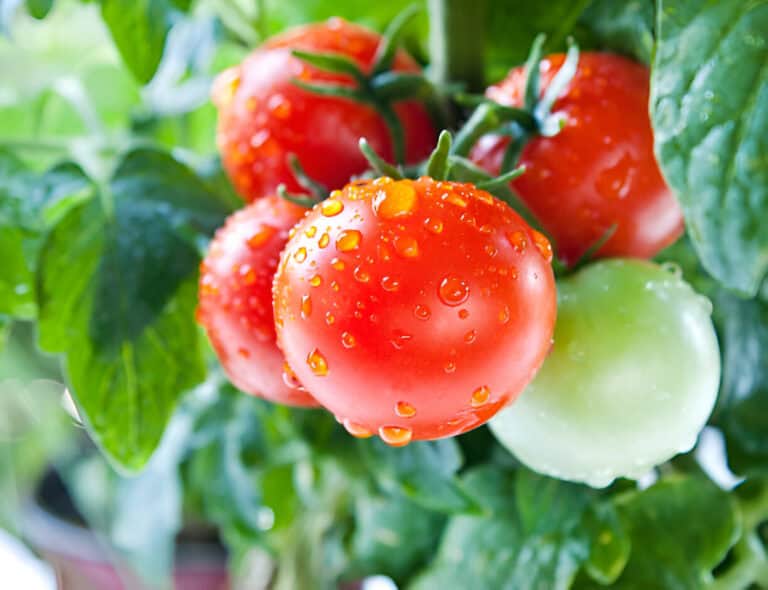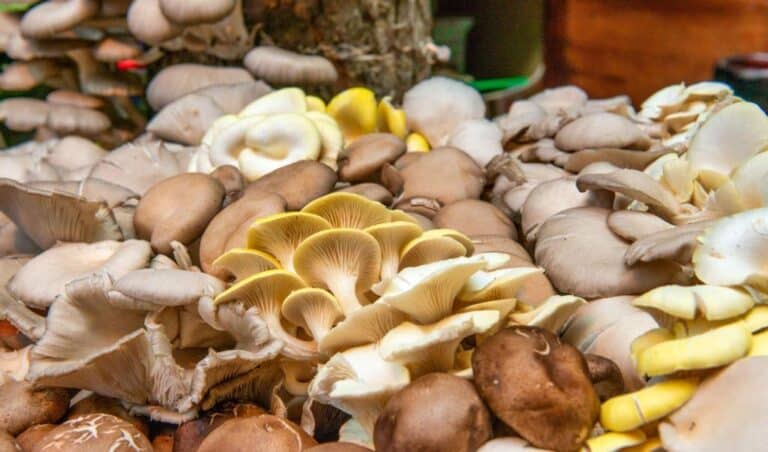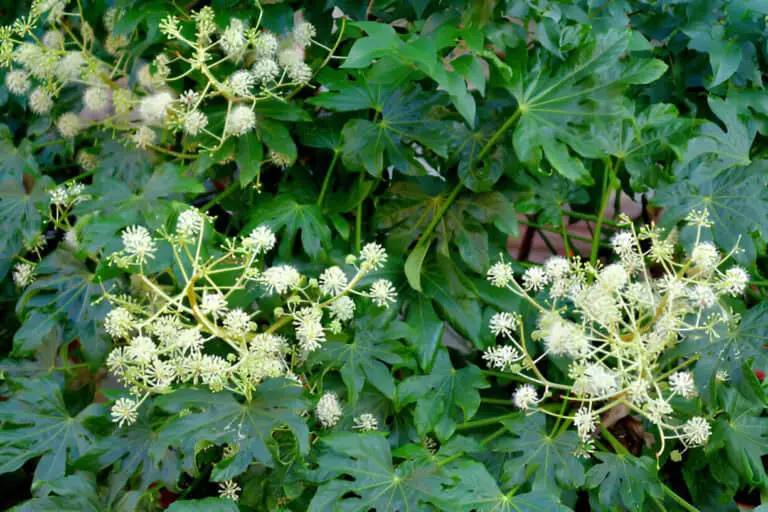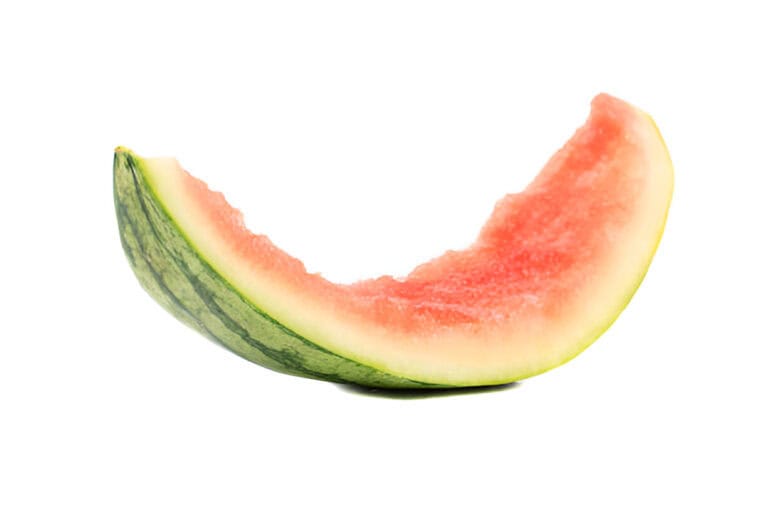Unripe Peaches: Are They Safe to Eat or Potentially Poisonous?
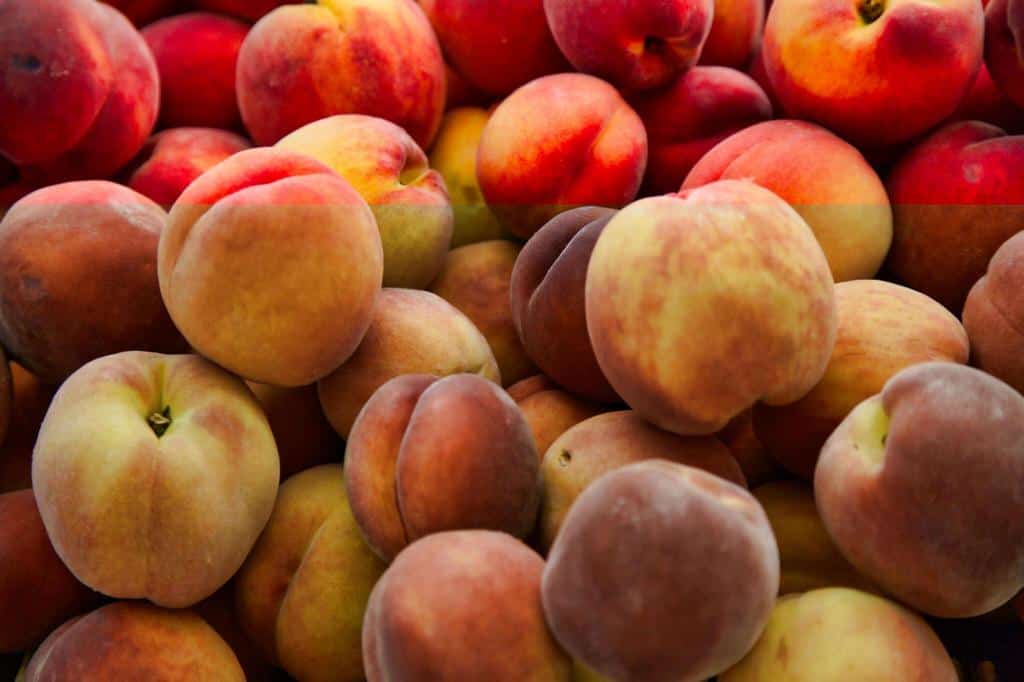
Peaches are a beloved summer fruit known for their juicy sweetness and fragrant aroma. However, many people wonder about the safety of eating unripe peaches. Are they safe to eat or potentially poisonous?
In this article, we’ll explore the characteristics of unripe peaches, their potential health effects, and how to best enjoy this fruit.
By the end of this read, you’ll have a clear understanding of the health implications and how to safely enjoy this juicy fruit. Stay with us to ensure your next peach is both delicious and safe to eat.
Understanding Unripe Peaches
To understand unripe peaches, you must see their distinct traits. You must see how they differ from ripe ones. Unripe peaches are firm and green. They lack the sweet taste of ripe ones. They are sour and crunchy. This contrasts sharply with the juicy, tender flesh of ripe peaches.
This tartness appeals to some, providing a unique flavor experience that can be quite refreshing. However, many people find unripe peaches unpalatable. This is due to their strong acidity and less pleasant texture.
Despite these differences, unripe peaches can still be utilized in various culinary applications. Their firm texture holds up well in cooking, making them suitable for recipes where a bit of tartness is desired.
This versatility allows you to explore different flavors and textures in your meals, even if the fruit isn’t fully ripe.
Are Unripe Peaches Safe to Eat?
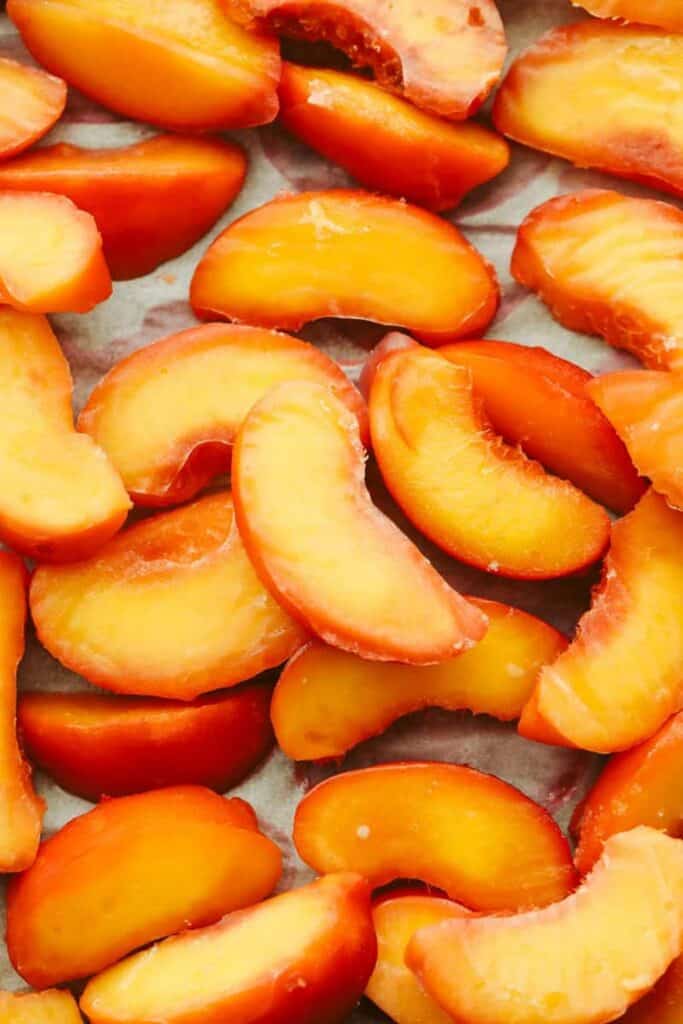
It’s important to note that unripe peaches are safe to eat, although they might not be as enjoyable raw. The higher acidity of these foods can cause mild digestive discomfort. This happens if you eat a lot, especially for those with sensitive stomachs.
So, it’s best to wait for peaches to ripen. This brings out their natural sweetness and juiciness for a better eating experience.
Understanding the nature of unripe peaches helps you make informed decisions about how to use them. You can enjoy their tartness in dishes. Or, you can wait for them to ripen. Knowing their traits lets you fully appreciate this fruit.
The following table highlights the differences between ripe and unripe peaches:
| Aspect | Ripe Peaches | Unripe Peaches |
| Color | Deep yellow with red blush | Greenish, pale yellow |
| Texture | Juicy, tender | Firm, crunchy |
| Taste | Sweet, fragrant | Sour, tart |
| Nutritional Content | Balanced sugars and acids | Higher acid, lower sugar |
| Read: Why Are My Peaches Rotting Before They Ripen? |
Potential Health Effects
Eating unripe peaches in moderation is unlikely to cause significant health issues. However, their high acid content can lead to digestive discomfort, such as gas, bloating, or stomach cramps. This is particularly true for individuals with sensitive stomachs or digestive disorders. For most people, a few slices of unripe peach won’t cause harm but might not be the most pleasant eating experience.
Do Peaches Have a Laxative Effect?
Peaches can have a mild laxative effect due to their high fiber content, particularly the insoluble fiber that aids in digestion. Eating peaches helps promote regular bowel movements and prevent constipation.
They also have sorbitol, a sugar alcohol with natural laxative properties. It draws water into the intestines, softening the stool and making it easier to pass. Most people can enjoy peaches without any issues. But, eating a lot may cause stomach problems, like bloating or diarrhea, especially for those with sensitive stomachs.
To enjoy their benefits without discomfort, it’s best to consume peaches in moderation as part of a balanced diet.
| Also read: Why Do My Peaches Go Bad So Quickly? |
How to Ripen Peaches
To fully enjoy peaches, it’s best to let them ripen naturally. Here’s a simple method to ripen peaches at home:
- Select Peaches: Choose firm peaches with no signs of bruising or damage.
- Place in a Bag: Put the peaches in a brown paper bag. This traps ethylene gas, which speeds up the ripening process.
- Store at Room Temperature: Keep the bag at room temperature and check daily. Depending on how unripe the peaches are, they may take 1-3 days to ripen.
- Test for Ripeness: Gently press the peach; it should give slightly under pressure and have a sweet aroma.
Using Unripe Peaches
If you have unripe peaches and don’t want to wait for them to ripen, there are ways to use them in cooking. Here are a few ideas:
- Pickling: Pickled unripe peaches make a tangy addition to salads or charcuterie boards.
- Chutneys and Relishes: Chutneys and relishes are made by combining unripe peaches with spices, vinegar, and sugar. This mix creates flavorful chutneys and relishes.
- Cooking: Use unripe peaches in savory dishes. For example, roast them with meats or add them to stews. Their tartness can complement other flavors.
Nutritional Benefits
While unripe peaches may not be as enjoyable to eat fresh, they still offer nutritional benefits. They are low in calories and contain vitamins A and C, potassium, and dietary fiber.
These nutrients support immune function, skin health, and digestion. But, as peaches ripen, their sugar rises. This gives them more sweetness and energy.
Precautions and Considerations
When eating unripe peaches, wash them well. This removes pesticide residues and contaminants. Also, those with sensitive stomachs should be cautious. They should eat unripe peaches in moderation to avoid stomach pain.
Conclusion
Unripe peaches are not poisonous and can be safely eaten, although their taste and texture may not be as pleasing as ripe peaches. They can cause indigestion if eaten in large amounts. But, they have many culinary and nutritional benefits. For the best experience, allow peaches to ripen naturally to enjoy their full sweetness and flavor.
Whether you choose to eat them fresh, pickled, or cooked, peaches are a versatile and nutritious fruit that can be enjoyed in many ways.


